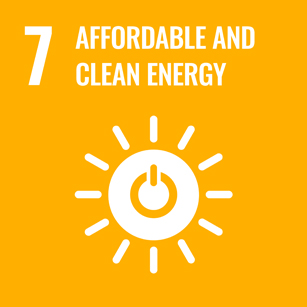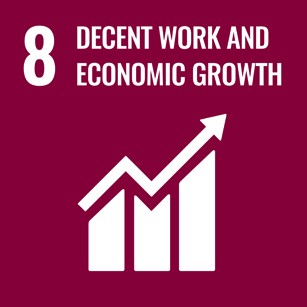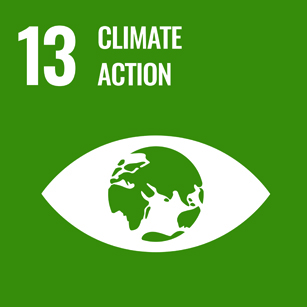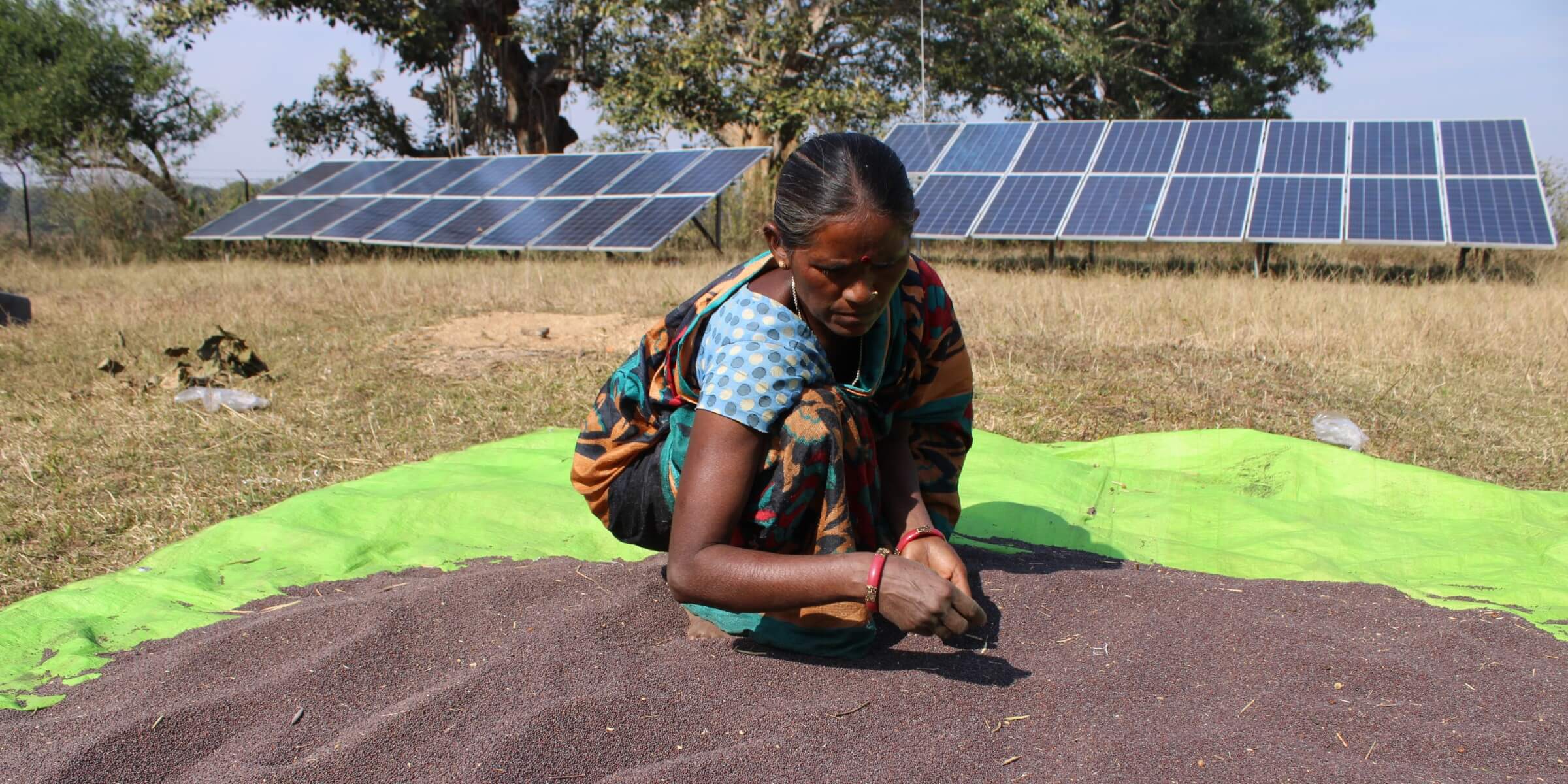Empowering Sustainable Livelihoods Through Decentralized Renewable Energy
- Proposed areas of implementation
- Potential areas of implementation
Project Partner



Economic prosperity is intricately linked to energy security. Access to affordable and clean energy remains a critical issue in rural India, particularly in districts like Gumla and Lohardaga in the state of Jharkhand, where unreliable electricity access hampers economic activities and exacerbates poverty. Hence, there is an urgent need to promote sustainable livelihood opportunities and micro-enterprises in these regions. The proposed project by Mlinda Charitable Trust focuses on leveraging solar energy to improve energy access reliability, reduce carbon emissions, and catalyse economic growth.
With their sister company Mlinda Sustainable Energy Private Limited that owns and operates solar powered mini-grids, Mlinda Charitable Trust aims to engage with the community and facilitates the use of clean energy supplied by the solar mini grids that are already set up in the 14 identified villages to promote micro-enterprises and improve lives and livelihoods of the communities residing in the two districts of Gumla and Lohardaga. The Trust aims to augment and upgrade the existing micro-enterprises operating in 10 identified villages in Gumla and promote new enterprises in 4 new villages in the two districts based on community needs. Mlinda Charitable Trust will also train and skill the community members on agri-value chains, facilitate sustainable agriculture practices and enhance market access for agriproducts.
With the mini grids already operational by MSEPL in the region, the key objectives for Mlinda Charitable Trust include increasing household incomes by 25% through diversified livelihood opportunities, reducing CO2 emissions by 30% via solar adoption and replacing fossil fuels, and strengthening local value chains for agricultural and NTFP products like mustard, groundnut, karanj and sal leaves. The project prioritizes women’s economic empowerment, aiming for 50% participation in micro-enterprises.
Mlinda Charitable Trust aims to engage with key stakeholders including local communities, government bodies, NGO partners, financial institutions and market actors. The project aims to benefit 70% (3152) of 4503 households over 3 years and build adaptive capacity to climate change.
Context
Energy security is a critical issue in many areas and communities in emerging economies, including India. Despite 97% of Indian households having access to electricity, reliability and supply issues persist. The access issues disproportionately affect rural Indian households, with the International Energy Agency (IEA) estimating that 53% of rural households in India face more regular and longer power cuts than urban households. In rural India, where power outages or grid blackouts can last up to 8 hours a day, diesel, kerosene and biomass are often utilized as alternative energy sources. However, this reliance on fossil fuels and biomass can have substantial implications in terms of affordability, environmental sustainability and livelihood security.
A potential solution to these challenges is the use of decentralised renewable energy (DRE) approaches. DRE approaches differ from traditional energy generation approaches in way that they localise energy production facilities to the site of consumption, where energy is typically generated off the main grid, reducing transmission and distribution inefficiencies.
One region facing significant challenges is the districts of Gumla and Lohardaga in Jharkhand. These districts are among the most underdeveloped in the country and are part of the government’s Aspirational District Programme. According to the NITI Aayog’s 2023 Multidimensional Poverty Index, both districts experience substantial poverty, with rates of 30.76% in Gumla and 22.71% in Lohardaga.
A significant contributor to this poverty is the communities’ heavy reliance on rain-fed, low-yield agriculture, compounded by the lack of reliable and quality energy access. This dependency renders them especially susceptible to climate-induced challenges, including rising temperatures and unpredictable rainfall, adding pressures on their livelihoods. Lohardaga and Gumla demonstrate a notably low adaptive capacity to climate variability, especially concerning droughts. The Adaptive Capacity Index scores are 0.11 for Lohardaga and 0.38 for Gumla, indicating a limited ability to respond effectively and recover from climate shocks. This vulnerability is attributed to inadequate infrastructure, limited access to resources, and insufficient institutional mechanisms to address climate risks.










Problem statement
Economic Diversification and Resilience: The economic resilience of the two districts is significantly hindered by their reliance on rain-fed agriculture and informal wage work. In rural areas, 70.78% of households in Gumla and 85.41% in Lohardaga have a monthly income of less than Rs. 5000 from their highest-earning member. Hence, there is an urgent need to promote sustainable livelihood opportunities and micro-enterprises, particularly among women and indigenous groups, to diversify income sources and enhance economic stability.
Energy Access: The districts suffer from inadequate energy infrastructure. Households connected to the national grid receive only 10-15 hours of electricity daily, with frequent reliance on diesel generators during peak hours for irrigation and business operations. Improving access to affordable and reliable energy is crucial for supporting economic activities, enhancing productivity, boosting rural incomes and reducing carbon emissions.
Educational and Skill Development: The absence of reliable energy and economic diversity restricts educational outcomes and skill development, particularly for women and indigenous groups. This lack of opportunities prevents these groups from evolving into skilled micro-entrepreneurs, further perpetuating the cycle of poverty and underdevelopment.
Technological Adoption and Market Access: Access to finance, markets, and business skills remains insufficient, impeding the development of an entrepreneurial culture and inhibiting improvements in livelihoods. Promoting the adoption of appropriate technologies for processing agricultural and non-timber forest products can enhance production quality and market readiness.
Addressing the intertwined developmental and climate-induced challenges in Gumla and Lohardaga requires a comprehensive approach that enhances economic resilience, promotes sustainable businesses, and improves adaptive capacity to climate variability.
Mlinda Charitable Trust (MCT), in collaboration with its sister company Mlinda Sustainable Energy Private Limited (MSEPL), is involved in installing scalable and replicable models of decentralised village level solar mini grids to increase access to clean energy and promote micro-enterprises to improve lives and livelihoods of the communities. MSEPL, with support from private and philanthropic capital, had installed 39 grids in 40 villages by 2020 in Jharkhand with further plans of expansion. These decentralised mini-grids meet domestic as well as agricultural needs. The grids are metered, provide flexibility to pay according to their individually determined needs.
Mlinda Charitable Trust, meanwhile, has a business development team present in the region dedicated to supporting communities to make the transition from diesel and kerosene equipment to clean energy powered electrical devices. This team from the Mlinda Charitable Trust also provides marketing support to the community to develop new business opportunities such as processing oils, wheat or rice production.
Goals and objectives
The approach at Mlinda Charitable Trust revolves around several key activities: utilising solar energy for reliable energy access; catalysing systems change by addressing barriers to micro-enterprise development such as access to finance and markets; emphasizing diversity, resilience, inclusion, and sustainability in rural households; engaging deeply with underserved communities; compiling a knowledge repository of best practices and case studies; and influencing policy through evidence-based advocacy.
Mlinda Sustainable Energy Private Limited (MSEPL) – a Renewable Energy Service Company installs, operates the mini grid and mobilises customers for the energy available for distribution. With the mini grids set up by MSEPL, Mlinda Charitable Trust facilitates formulation and implementation of the evidence-based economic development strategy and plan. MSEPL will supply the energy to the owners of the micro-enterprises under a mutually decided agreement. This model has the potential for rapid deployment and supports the owner of the mini grid to use clean energy to improve household income, reduce CO2 emissions and earn revenue from the mini grid.
The economic development strategy is aimed at enhancing resilience, inclusion, and sustainability while addressing local challenges. The focus remains on transitioning productive machinery to solar energy, such as hullers, pulverisers, and poultry coops, thereby reducing carbon emissions and promoting clean energy adoption. Central to MCT’s approach is the development of value chains for local agricultural products like mustard and vegetables, integrating evidence-based market studies and business potential assessments to increase incomes. This initiative supports job creation and income generation, particularly benefiting farmers and micro-entrepreneurs, including FPOs, VOs, and SHGs.
The proposed project’s main goal is to strengthen and promote sustainable economic development anchored in clean energy solutions, while enhancing climate resilience and adaptive capacity.
Key objectives include:
- Enhancing household incomes by 25% through diversified livelihood opportunities
- Reducing CO2 emissions by 30% through solar adoption and sustainable practices
- Upgrading and strengthening three value chains-mustard, groundnut and sal leaves
- Promoting women’s economic participation, aiming for 50% women-led enterprises
- Adopting climate-resilient agricultural practices in 70% of target farms
Partnerships with organizations like SAFAL unit of Mother Dairy and nonprofits like Aankur Abhiyan have been pivotal. These collaborations provide training on sustainable agricultural practices, promoting the use of cow dung and bio-fertilizers, thereby enhancing crop yields while minimizing environmental impact.
Aligned with India’s commitments to the UN Sustainable Development Goals (SDGs) and national climate action targets, the intervention supports the Government of India’s initiatives on renewable energy adoption and inclusive economic growth. It complements state policies like the Jharkhand State Policy for Promotion of Mini & Micro Grid and Solar Policy 2022, aiming to solarise sectors like healthcare and agriculture.
About the organisation
Mlinda was founded in Europe as the founder became passionate about tackling the root causes of climate change through targeted interventions, having seen the effect of climate change on animal populations in Africa.
They were drawn to India because of it’s expanding economy that has the potential to learn the lessons from the negative effects of economic development in the western world.
Mlinda Charitable Trust was established to enable Mlinda to carry out it’s charitable objectives in India, first working in the Sundarbans in West Bengal, an area of immense biodiversity where populations are struggling to co-exist with a natural environment and rising sea levels, then subsequently in Jharkhand.
MCT was founded to initiate and implement community engagement and development interventions that address structural barriers to growth and sustainability in underdeveloped regions. MCT is also involved in performing research and development on innovative ways to promote micro businesses and livelihoods with poor communities.
Over the next 3 – 5 years, MCT aims to play a central role in the Mlinda Group, creating and implementing a vision of sustainable economic development, using renewable energy as a catalyst for that growth which can be replicated, at scale, by many other organisations across the world.






